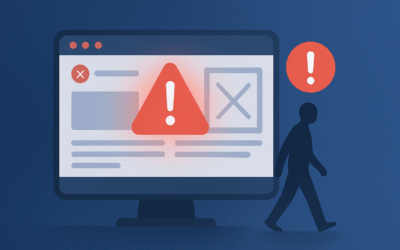In Rwanda, the digital transformation is continuously gaining ground in all sectors, and the legal world is no exception. In Rwanda, the emergence of LegalTech, the convergence between law and innovative technologies, represents a real opportunity for legal professionals to stand out and offer more efficient and accessible services.
What is LegalTech?
LegalTech, or legal technology, refers to the use of innovative technological solutions to optimize and automate certain tasks in the legal sector. It encompasses a wide range of tools and services, from case management software to online dispute resolution platforms, including artificial intelligence and data analytics.
The Rwandan Legal Market: A Fertile Ground for LegalTech
Although Rwanda has made considerable progress in modernizing its legal system in recent years, the sector still faces certain challenges. Access to justice remains limited for a part of the population, notably due to the high costs of legal services and the complexity of procedures. Furthermore, law firms and courts are often faced with a significant workload and the management of large volumes of paper documents.
It is in this context that LegalTech could bring innovative and disruptive solutions. By automating repetitive tasks and facilitating access to legal information, it could allow Rwandan legal professionals to focus on higher value-added activities, while offering more affordable and accessible services to the population.
Advantages of LegalTech for Rwandan Legal Professionals
The adoption of LegalTech by law firms, courts, and companies in Rwanda could result in numerous advantages, including:
- Increased efficiency and productivity: LegalTech tools enable the automation of time-consuming and repetitive tasks, freeing up time for strategic activities.
- Cost reduction: By optimizing processes and minimizing manual errors, LegalTech can help reduce the operational costs of law firms and companies.
- Better risk management: Data analysis and artificial intelligence can help identify potential risks and make informed decisions.
- Improved access to justice: Online platforms and decision-support tools can make legal services more affordable and accessible to a larger number of Rwandans.
- Increased competitiveness: By adopting the latest technologies, Rwandan legal professionals will be able to stand out in an increasingly competitive market.
Although the adoption of LegalTech in Rwanda is still in its infancy, its potential is undeniable. By embracing this digital transformation, the Rwandan legal market could experience a true revolution, offering more efficient, accessible, and tailored services to meet the needs of the population.




